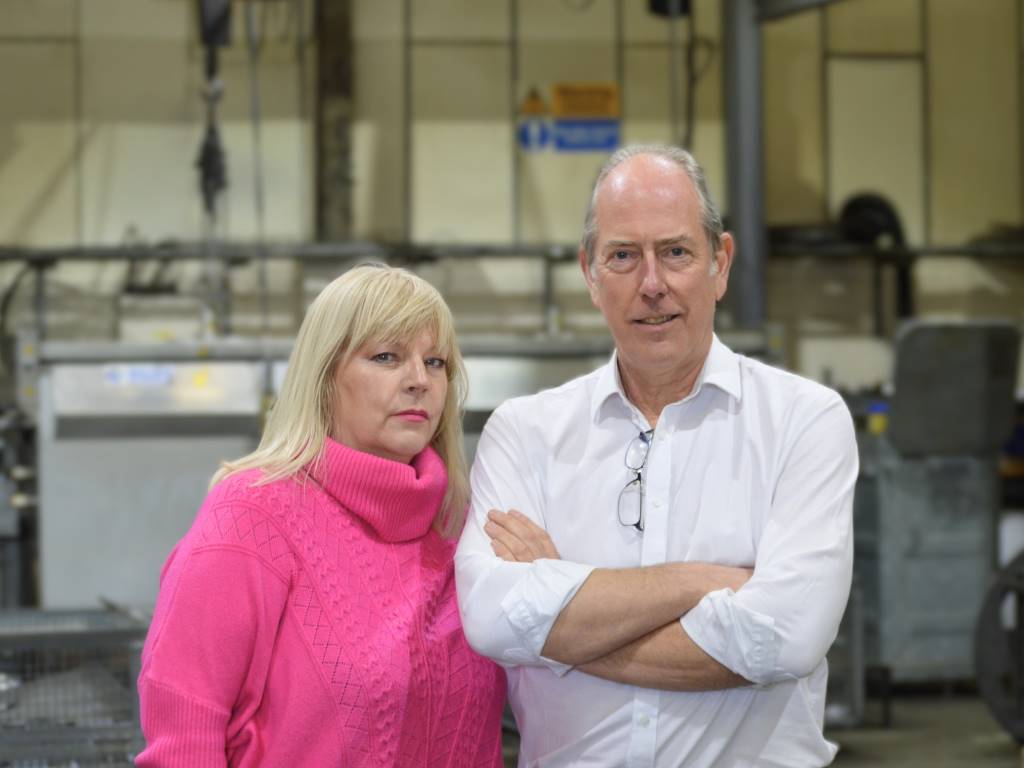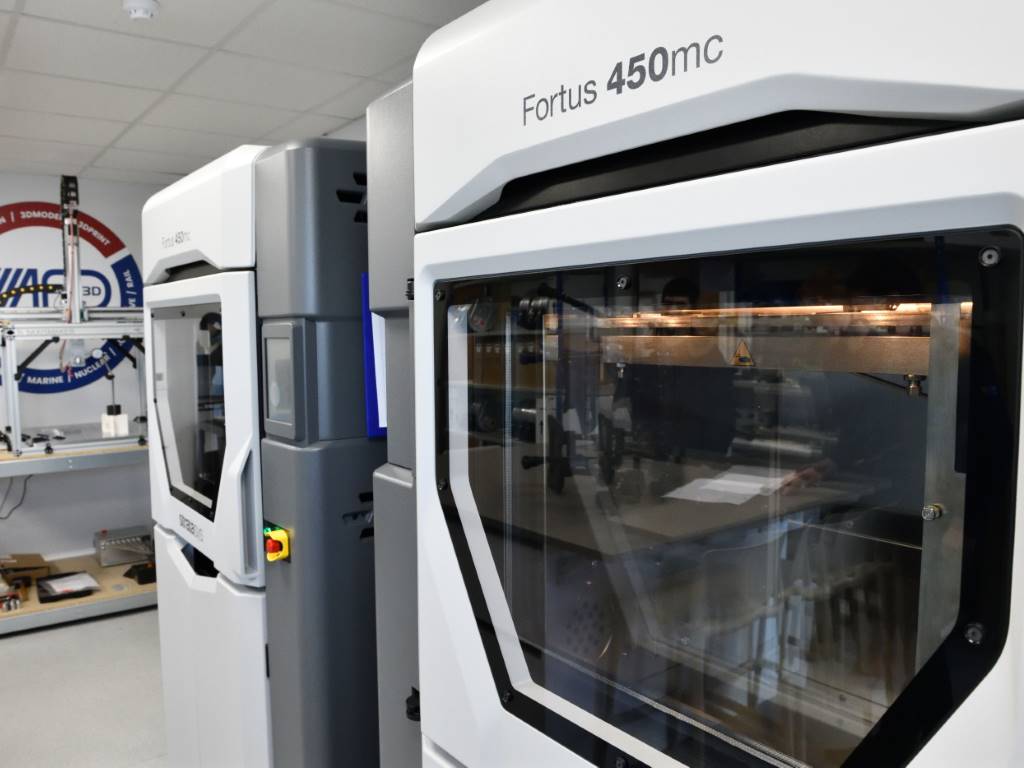Editor’s comment: June 2018
It’s a sad fact that economically, it’s very difficult for larger manufacturing companies to survive in the UK.
There are exceptions of course but we’ve seen the demise of dockyards, shipyards and other large-scale manufacturers over the past couple of decades. My own local manor – the Medway Towns in Kent – was once home to a smorgasbord of manufacturing excellence: Chatham Dockyard, BP Oil Refinery, Winget’s, Metal Box, Lucas CAV, Hoborn Eaton, Twin Disc, Fisher Control Valves, the list goes on. Unfortunately, the businesses don’t.
The one thing all these companies had in common was that they were labour-intensive – and people are expensive. Today that model may no longer viable, but things evolve. UK manufacturing is still very much alive and well – it’s just different.
Take Surrey-based Vision Engineering for example. This is a company with a 60-year manufacturing heritage that designs and manufactures its own ranges of measurement and inspection equipment. Its new £12 million facility in leafy Surrey fantastic and it exports 92% of its products.
“There are many more niche manufacturers in the UK than is normally perceived,” states Vision’s managing director, Mark Curtis. “Many traditional volume manufacturers may have closed down, but this is part of a historical continuum which sees industries for which labour costs are the main criteria migrating to emerging, low cost economies.
“The strong recent trend in Britain has been towards high margin, high-tech content design and manufacturing, often with a creative element. The secret is to manufacture products that are sufficiently technically or cosmetically attractive, preferably with some protectable IP, to enable you to charge a premium and maintain a sensible gross margin.
“There are countless examples of successful British companies, large and small, doing exactly this – like Dyson, Surrey Satellites, Renishaw and Malvern Instruments for example.”
“Because there are large numbers of British companies occupying very specialist niches, it is unrealistic to expect a ready pool of tailor made staff with the appropriate skills. Successful companies focus on recruiting people with broad potential and concentrate on developing their skills through in house training and targeted experience.”
I visited Vision Engineering in May and it was obvious that this business philosophy underpins the company. Mark is keen to point out however that exporting is a key ingredient for sustainable success.
“Inevitably, if you play in a niche, the British market is going to be too limited and exporting becomes vital to expansion,” he affirmed. “Exporting successfully is largely a process of medium term planning and legwork. It is also vital to build local, native networks of agents/distributors to deal with the idiosyncrasies of local markets. Personal relationships are much more important in many overseas markets than they are in the UK (or USA) which tend to be more dispassionate in their approach to a product offering.”
Vision Engineering is a great British success story. Find out more on page 64.
Dave Tudor Editorial Director












